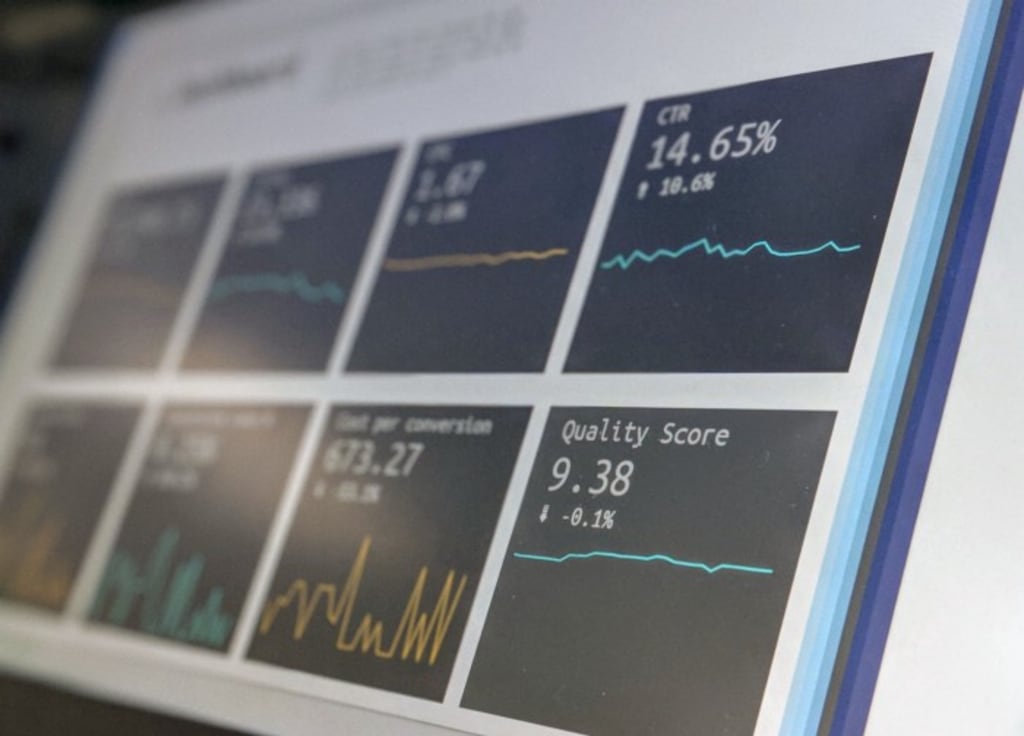How Data, Information, Knowledge, And Wisdom Are Related To One Another But Different
It’s important for everyone to know how these things are different yet related to one another.

Data can be anything like the name of a person or a place or a number, etc. Data are most useful when they are interpreted and processed to determine the true meaning, at which point data becomes what is called information. Thus, information is data processed in a way that makes it meaningful to the person who receives it via any means of communication.
While data alone may not be very informative or useful, it is, however, the basis for all reporting and analysis. The importance of data cannot be understated as it provides the basis for reporting the information required in business and other operations.
Data are the raw facts and statistics that are accurate and timely, and which are specific and organized for a particular purpose. Thus, data are crucial in supporting all types of decision-making after being transformed into useful information.
* Qualitative vs Quantitative
* Data can be qualitative or quantitative.
* Qualitative data is descriptive information (it describes something)
* Quantitative data is numerical information (numbers)
Information is data presented within a context that provides meaning and relevance, and which can lead to a decrease in uncertainty and an increase in understanding. Another way of putting it is that information is data that has been interpreted and then presented in a more meaningful and useful context.
"The definition of information is news or knowledge received or given. An example of information is what’s given to someone who asks for background about something. "
For example, raw climate data are analyzed and processed, resulting in information interpreted for various purposes, such as is the case with climate data turned into useful, actionable information. With such information in hand, farmers can then determine which crops to grow.
Another example is raw data utilized by military commanders. After such data are processed and analyzed, a commander can then use the output as information to gain situational awareness of what is happening across the battlefield and thus make informed decisions accordingly. Correct information derived from accurate data input is critical in not only making decisions but in making the right choices; a wrong decision made in a military context can cost lives!
The bottom line is that the value of data is only as good as the quality and validity of the data used in the first place. The old maxim of ‘garbage in, garbage out’ very much applies. Good, relevant data will become valuable information that is then acted upon to make smart decisions to affect various outcomes.
However, as a cautionary note, it’s important to remember that data also can be manipulated and then interpreted in specific ways to present information that is false or misleading. As an example, in today’s divisive political environment, unscrupulous partisans of all persuasions often manipulate data to get an information outcome that favors their particular point of view or perspective at the expense of truth. Companies sometimes do the same thing in their advertising campaigns.
Thus, consumers of data and any associated information must always be vigilant about carefully examining whatever is put before them, to make sure it is valid and worthy of believing.
Now let’s take a look at knowledge. How do we get from information to knowledge? According to the Oregon Technology in Education Council (OTEC), the following are the main elements of knowledge:
* general awareness or possession of information, facts, ideas, truths, or principles
* clear awareness or explicit information, for example, of a situation or fact
* all the information, facts, truths, and principles learned throughout time
* familiarity or understanding gained through experience or study
Finally, knowledge can lead to wisdom but there’s no absolute guarantee of that. Again, OTEC weighs in and says that knowledge is:
* the knowledge and experience needed to make sensible decisions and judgments, or the good sense shown by the decisions and judgments made
* the accumulated knowledge of life or in a particular sphere of activity that has been gained through experience
* an opinion that almost everyone seems to share or express
* ancient teachings or sayings
But everything starts with data, which leads to information, which leads to knowledge, which hopefully leads to wisdom.
“Wisdom is not a product of schooling but of the lifelong attempt to acquire it.”
— Albert Einstein
I think we’d all agree that Albert Einstein was a pretty wise fellow.
__________________
Thanks for reading. Copyright Terry Mansfield. All rights reserved.
About the Creator
Terry Mansfield
Trying to be the best writer I can be. Specialist in eclecticism.
Enjoyed the story? Support the Creator.
Subscribe for free to receive all their stories in your feed. You could also pledge your support or give them a one-off tip, letting them know you appreciate their work.






Comments
There are no comments for this story
Be the first to respond and start the conversation.